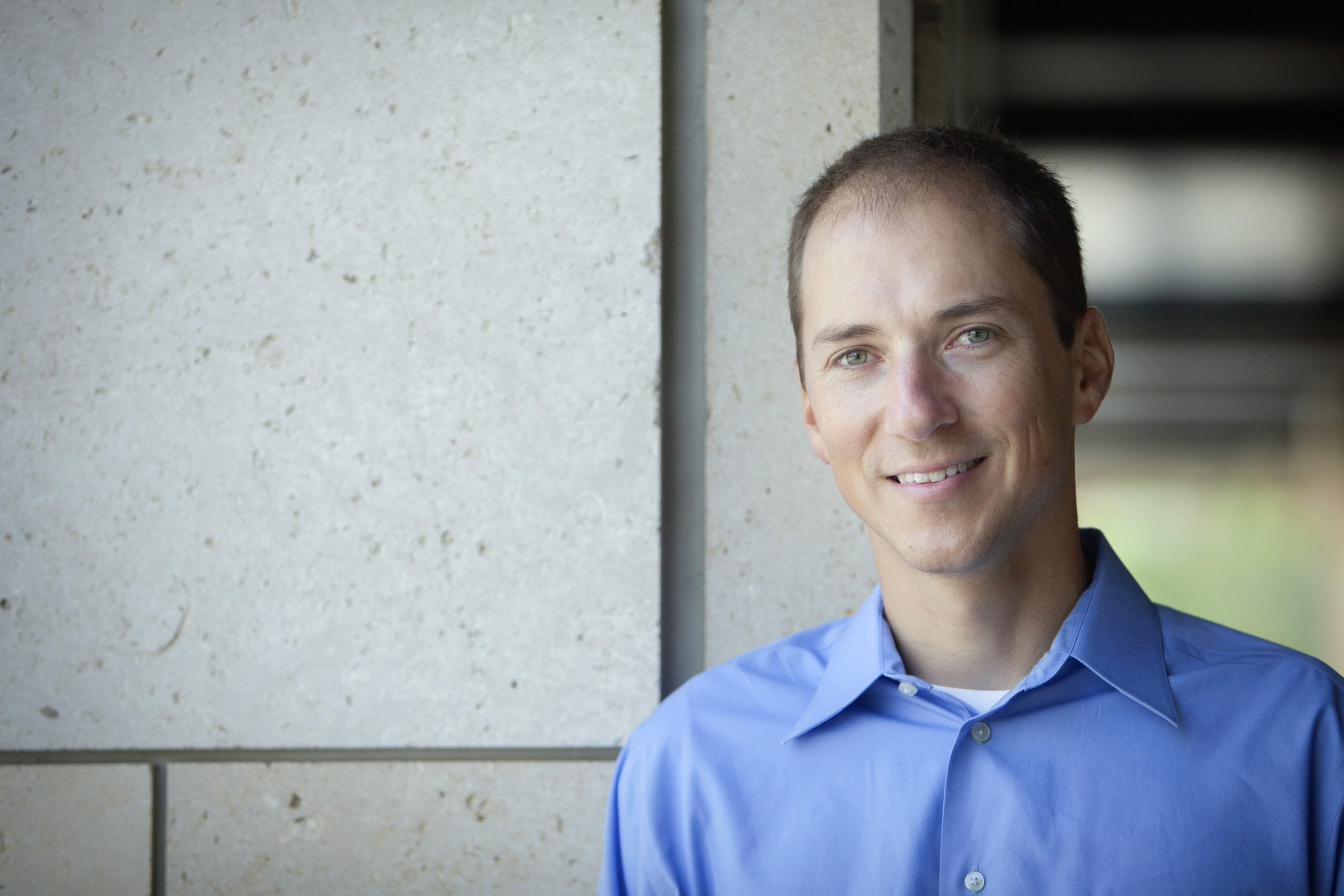
The winner of a MacArthur "genius grant," David Lobell is an agricultural ecologist and academic. His research focuses on identifying opportunities to raise crop yields in major agricultural regions, with a particular emphasis on adaptation to climate change. His current projects span Africa, South Asia, Mexico, and the United States. Lobell received a PhD in geological and environmental sciences and has held advisory roles for many leading agricultural organizations. In addition to his "genius grant," Lobell has been recognized with a McMaster Fellow in 2014, an American Geophysical Union Macelwane Medal in 2010, and an honorary doctorate degree from Brown University in 2021. He also served as lead author for the food chapter and core writing team member for the Summary for Policymakers in the recent Intergovernmental Panel on Climate Change (IPCC) Fifth Assessment Report. Today, Lobell continues to divide his time as an academic and researcher at Stanford University.
Lobell's relationship with Stanford began in 2000 as a graduate student. Earlier that year, he graduated magna cum laude in applied mathematics from Brown University. At Palo Alto, Lobell started to focus more on scientific research. Exhibiting extraordinary scholarship, Lobell's Stanford years were aided with several prestigious Graduate fellowships, including one each from the National Science Foundation, NASA, and the EPA. In 2005, he received a Doctor of Philosophy in geological and environmental sciences from Stanford.
It didn't take long before Lobell was seen back at his alma mater. Since 2008, he has served in a variety of positions at Stanford University. After completing a postdoctoral fellowship with the Lawrence Livermore National Laboratory, he returned in 2008 to Stanford as a senior research scholar at the Freeman Spogli Institute for International Studies and the Stanford Woods Institute for the Environment (FSE). In 2009, he became a center fellow of FSE and in 2014 was named deputy director of FSE. Lobell is also a professor in the Department of Earth System Science and a William Wrigley Senior Fellow at the Stanford Woods Institute for the Environment. In addition to his many ongoing research projects, he teaches several courses, including Data for Sustainable Development, Feeding Nine Billion, Fundamentals of Modeling, and Climate and Society, while also mentoring graduate and undergraduate Stanford students.
